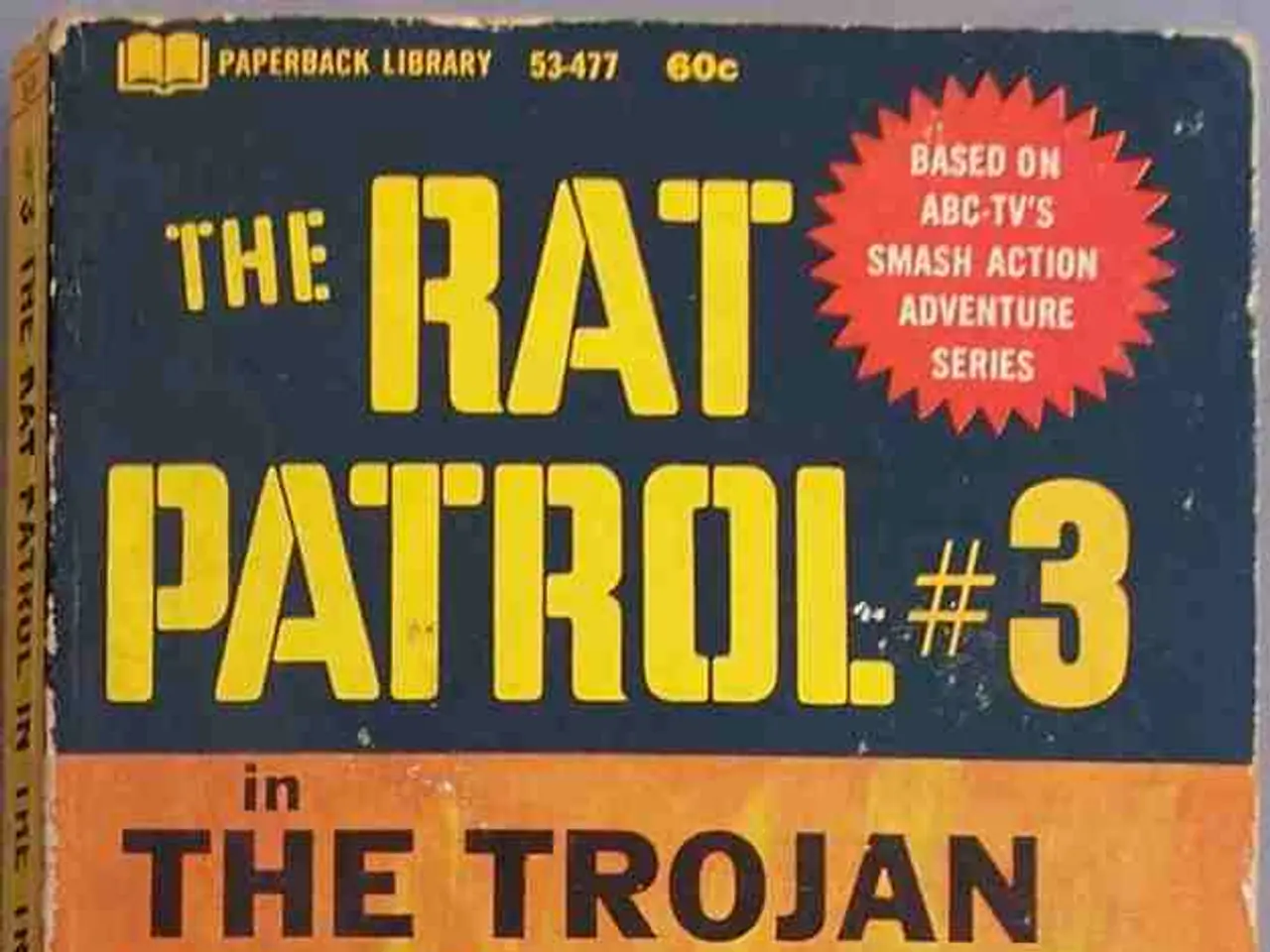Unheralded Expert in Irregular Warfare Whom the Pentagon Ought to Examine Right Now
In the turbulent landscape of the Vietnam War, a professor at Howard University named Bernard Fall offered a compelling analysis of the conflict. Born in Vienna in 1926 to a Jewish family, Fall emigrated to France in 1938 after the Anschluss of Austria. His personal experiences, including his mother's deportation to Auschwitz and his father's murder by the Gestapo, drove him to join the Resistance.
Fast forward to the 1950s, Fall moved to the United States as one of the first International Fulbright Scholars, earning a master's degree in political science at Syracuse University. His academic journey led him to publish several articles and seven books, including "The Two Viet-Nams: A Political and Military Analysis" in 1963 and "Hell in a Very Small Place: The Siege of Dien Bien Phu" in 1966.
Fall's seminal work, "Street Without Joy," published in 1961, shed light on the complexities of warfare in Southeast Asia. He argued that military capabilities and technologies were insufficient when political motivations and long-standing grievances drove diverse populations to engage in conflict.
In the context of the Vietnam War, Fall highlighted the insurgents' success as a result of their adaptability and innovative tactics. Unlike conventionally minded adversaries who prioritized direct, large-scale battles, the insurgents, led by Võ Nguyên Giáp, used entrenchment, sapping, infiltration, hit-and-run tactics, and leveraged intimate knowledge of the terrain and local support to wear down their opponents gradually.
The French and later U.S. forces, relying on their technological superiority and positional defense, expected decisive, conventional battles. However, they often underestimated the insurgency’s endurance and unconventional methods, leading to strategic and political outmaneuvering by the insurgents.
Fall's ideas on political warfare played a significant role in shaping Senator J. William Fulbright's disagreements with President Lyndon B. Johnson's war policies, culminating in the televised Vietnam hearings in 1966. His study of Maoist thought, French military officers who commanded in Indochina, and Vietnamese anti-colonialist thought inspired his conception of revolutionary warfare.
Fall emphasized the importance of studying the context of political legitimacy and how military arms might achieve political goals. He believed that excessive military force could not compensate for a lack of political will to fight and would be counterproductive.
In contemporary contrast, the support for Ukrainian resistance is seen differently from previous experiences with corrupt, incompetent allies during conflicts such as the Cuban revolution, Vietnam, Iraq, and Afghanistan, due to the righteous fervor of the people being helped.
Fall's work continues to resonate, with high-ranking politicians turning to him for insights on Vietnamese history and Sino-Vietnamese communist relations. His formula for revolutionary warfare, RW = G + P, where guerrilla warfare (G) and politics (P) are variables, remains a valuable framework for understanding complex conflicts.
[1] Fall, Bernard. (1965). Revolutionary Warfare: The Enemy's Dilemma. Naval War College Review, April. [2] Fall, Bernard. (1963). The Two Viet-Nams: A Political and Military Analysis. Praeger. [3] Fall, Bernard. (1966). Hell in a Very Small Place: The Siege of Dien Bien Phu. Macmillan. [4] Linden, Eugene. (2014). The New Yorker, April 28. "The Vietnam Syndrome Revisited."
Read also:
- Dispute on hunger crisis in Gaza intensifies amongst numerous Jewish-American citizens
- Lucrative Business Opportunities in Nigeria: Discover Profitable Enterprises Immediately
- Carpometacarpal joint osteoarthritis: Characteristics, origins, remedies
- Humanity's Lasting Legacy Could Potentially be Piles of Chicken Remains




